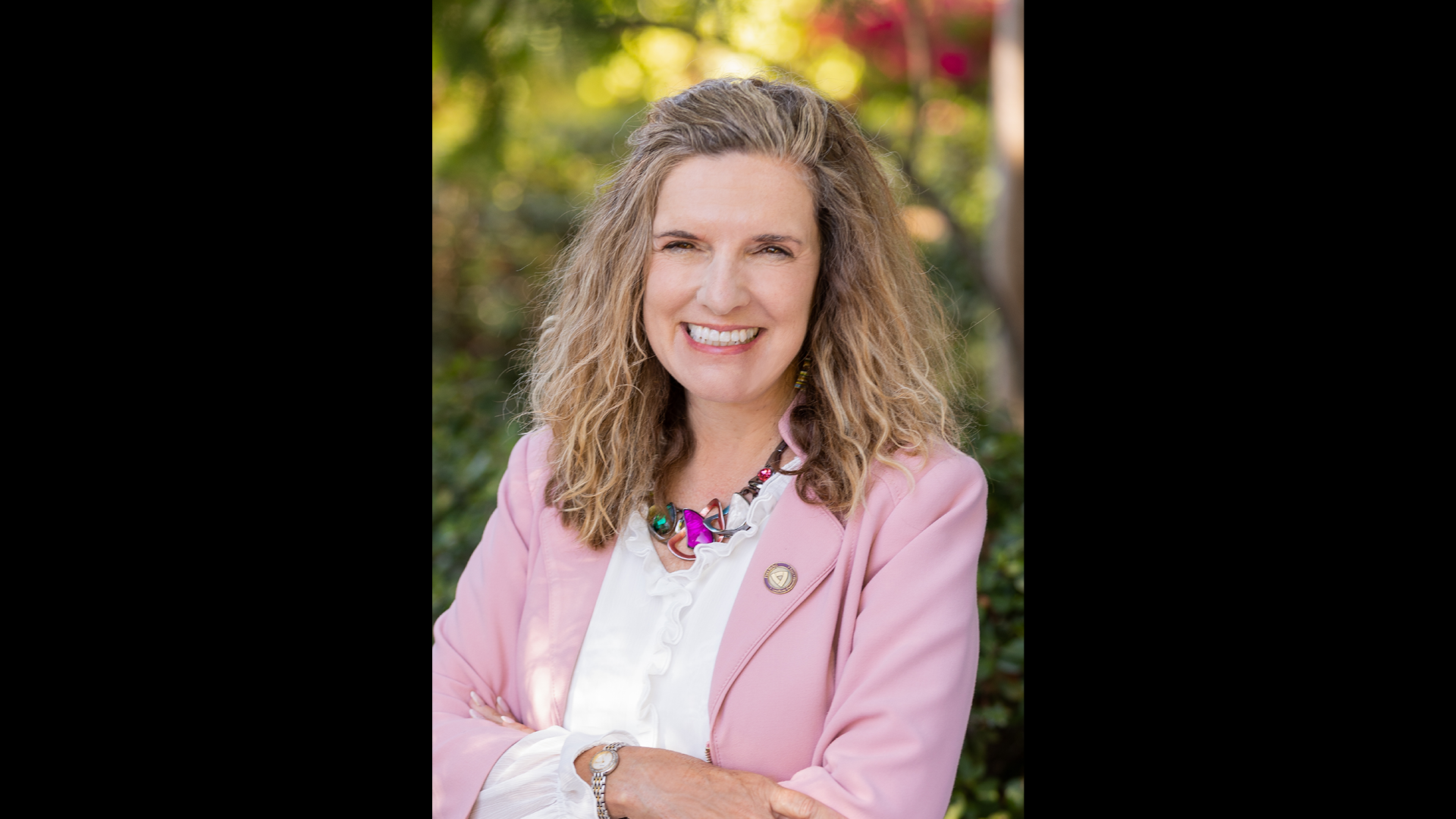Challenging Structural Inequalities and Disparities in Women’s Health: The Intersections of Gender, Class, Race and Nation
In this series, we examined health disparities through discussion and analysis of the Ebola epidemic, reproductive health and related issues, and the access and quality of healthcare from a gender perspective, informed by race, class, and nation.
- Part 1: The Feminization of Pandemics: Women Face Ebola Triple Jeopardy Listen to and View Webinar
The feminization of epidemics is not new to African female caregivers. African women have been disproportionally affected by the HIV/AIDS epidemic accounting for nearly 60% of infections. Similarly, women were disproportionately affected during the Ebola outbreaks. It is estimated that 75% of people contracting Ebola are women because they are often the primary care-givers, nurses, burial attendants and traders within their communities. The intersectionality of disease, female caregivers and culture is rearing its head once more. The webinar discussion is focused on Sierra Leone extending to the challenges faced in Central West Africa and the global community. We will hear first-hand from the Situation Room in Freetown and the women-frontline initiatives of Mamaye, a maternal health organization operating in Sub-Sahara Africa.
- Part 2 – Gender Equity: Reproductive Health, Infant Mortality and HIV/AIDS
Infant Mortality rates are used as indicators of a nation’s health. The majority of the countries with the highest Maternal Mortality Ratio (MMR) and Infant Mortality rates are located in sub-Saharan Africa. According to the World Health Organization (WHO), the estimated MMR for Tanzania for 2013 is 410 maternal deaths per 100,000 live births of which, 6% of the deaths are attributed to HIV and AIDS. Multi-disciplinary efforts are required that focus on health services, education, economic empowerment, leadership and governance, and political stability.
- Part 3 – Gender and Mental Health: Deepening the Disparities Listen to and View Webinar
This webinar discussion focused on trauma and PTSD from perspectives ranging from the global epidemic of trauma and innovative psych-soma strategies to empower women; to females in regions of generational conflict, with trauma as a backdrop to their lives; and women in the U.S. military and the effects of trauma and PTSD.
Join Over 7,500 Fielding Alumni Located Around The World!
Change the world. Start with yours.™






Get Social